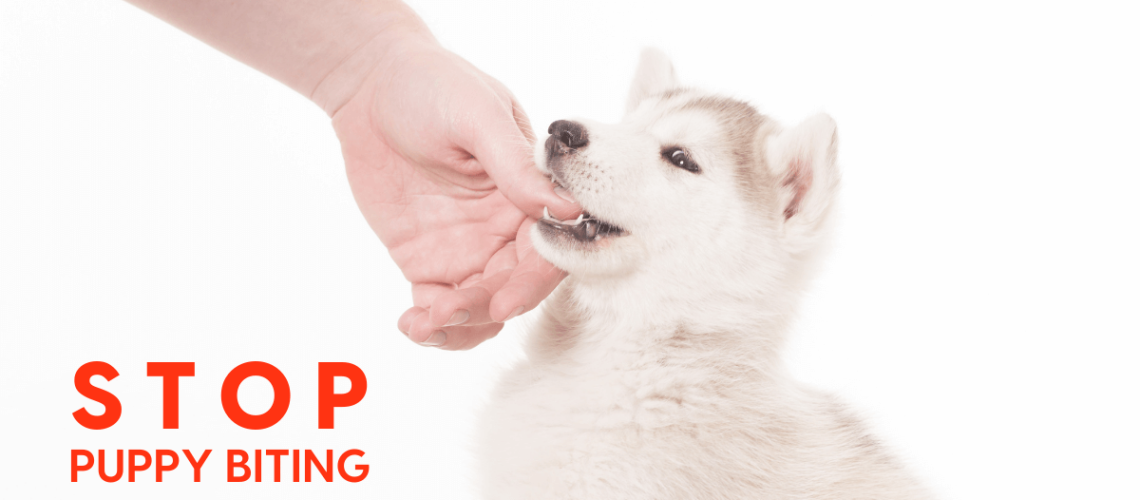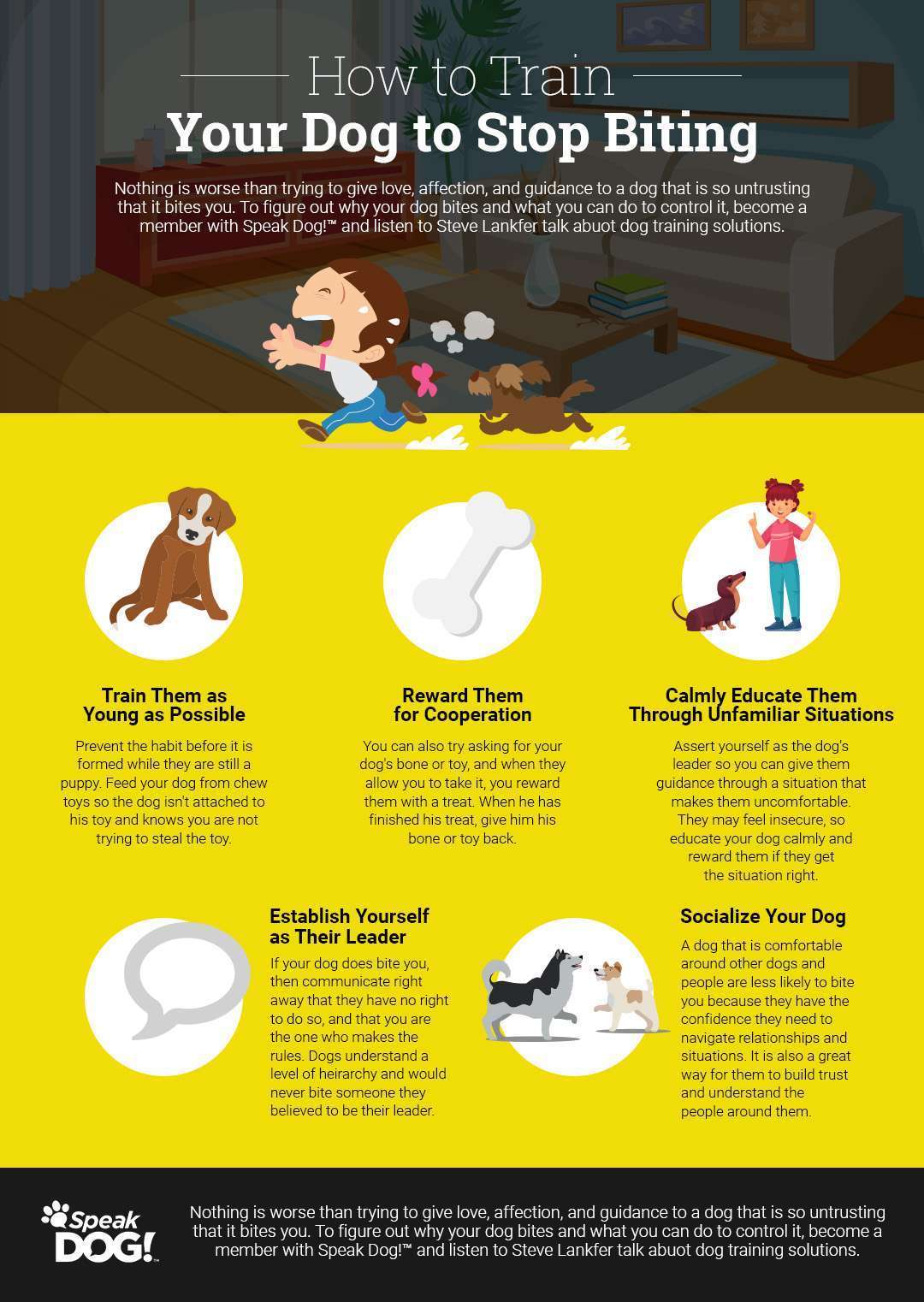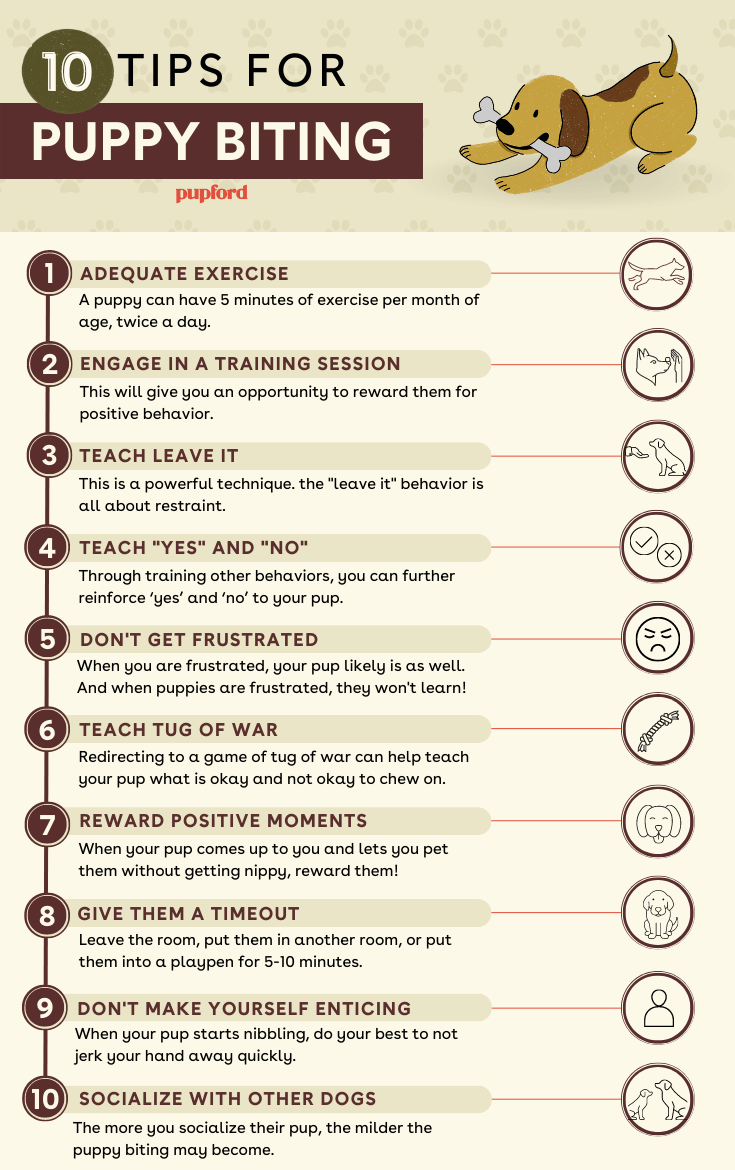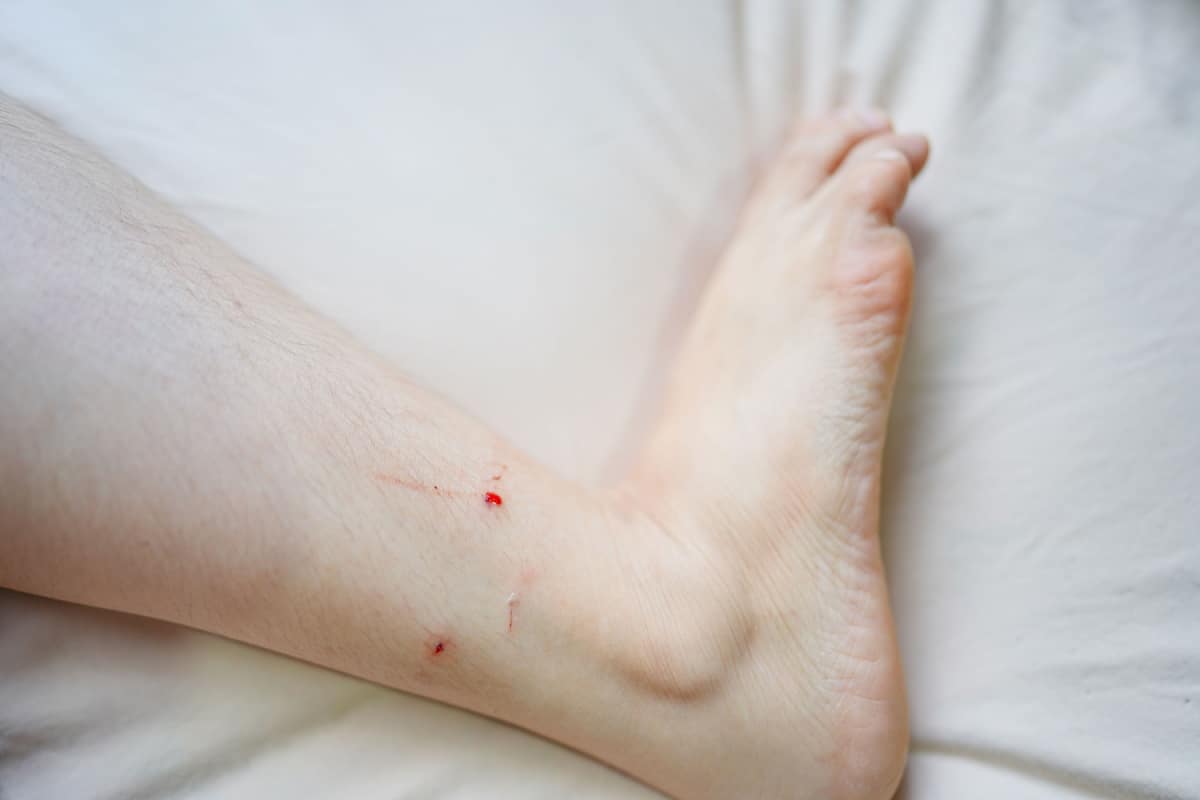Key Takeaways:
- Consistency is key: It is important to consistently enforce rules and boundaries with your dog to prevent biting behavior.
- Provide proper socialization: Expose your dog to different people, animals, and environments from a young age to reduce the likelihood of aggressive behavior.
- Positive reinforcement training: Reward good behavior with treats and praise, while redirecting or ignoring biting behavior to discourage it.
- Teach bite inhibition: Train your dog to have a soft mouth by gradually reducing the pressure of their bites during playtime.
- Seek professional help if needed: If your dog's biting behavior persists or escalates, consult a professional dog trainer or veterinarian for guidance and support.
Are you tired of your furry friend sinking their teeth into everything they can get their paws on? Well, look no further! In this article, we will uncover the secrets to putting an end to your dog's biting habits once and for all. By understanding how to stop your dog from biting, you'll not only protect your belongings but also ensure the safety of those around you. Did you know that over 4.5 million people in the United States suffer from dog bites every year? Don't let your beloved pet become a statistic! Join us as we explore effective techniques and proven strategies that will transform your pup into a well-behaved companion. Get ready to say goodbye to those painful nips and hello to a harmonious bond with your four-legged friend.
Why does my dog bite people and how can I stop this behavior?
Understanding the reasons behind a dog's biting behavior
Dogs may bite people for various reasons, such as fear, territoriality, or aggression. It is important to understand why your dog is exhibiting this behavior in order to address it effectively. Some common reasons for biting include:
- Fear: If your dog feels threatened or scared, they may resort to biting as a defensive mechanism.
- Territoriality: Dogs are naturally protective of their space and may bite if they perceive someone as a threat to their territory.
- Aggression: Some dogs have aggressive tendencies due to genetic factors or past experiences, leading them to bite when provoked.
Preventing dog bites through responsible ownership
To prevent your dog from biting people, it is essential to take certain precautions and be a responsible owner. Here are some tips:
- Socialize your dog from an early age by exposing them to different people, animals, and environments. This helps them become comfortable in various situations.
- Provide proper training and obedience classes for your dog. Teaching basic commands like "sit," "stay," and "leave it" can help establish control over their behavior.
- Never leave young children unsupervised with a dog, as they may unintentionally provoke the animal.
- Avoid chaining or tethering your dog for extended periods, as this can increase their frustration and aggression levels.
- If you notice any signs of discomfort or aggression in your dog, consult with a professional trainer or veterinarian for guidance on managing their behavior.
Signs and prevention tips to avoid dog bites
Recognizing signs of aggression in dogs
It is crucial to be able to identify signs of aggression in dogs to prevent potential dog bites. Some common signs include growling, baring teeth, raised fur, stiff body posture, and intense staring. If you notice any of these signs, it is important to give the dog space and avoid approaching them.
Tips for preventing dog bites
Preventing dog bites starts with responsible ownership and proper training. Always supervise interactions between children and dogs, as they may not understand boundaries. Teach children how to approach dogs calmly and respectfully. Additionally, never leave a young child alone with a dog, regardless of their temperament.
Creating a safe environment
To prevent dog bites, ensure your dog has a safe and secure environment. Use fences or gates to keep them contained within your property. When walking your dog, always use a leash to maintain control. Avoid situations that may trigger fear or aggression in your dog, such as crowded areas or interactions with unfamiliar animals.
Socializing your dog
Socialization plays a vital role in preventing aggressive behavior in dogs. Expose your puppy or young dog to various environments, people, and other animals from an early age. This helps them become comfortable and confident in different situations, reducing the likelihood of biting out of fear or anxiety.
By being aware of signs of aggression and taking preventative measures like creating a safe environment and socializing your dog properly, you can significantly reduce the risk of dog bites.
Train your dog to stop biting using positive reinforcement techniques
The importance of positive reinforcement training
Positive reinforcement training is an effective method for teaching dogs appropriate behavior without resorting to punishment or harsh methods. This type of training focuses on rewarding desired behaviors, such as not biting, with treats, praise, or playtime. It helps build a strong bond between you and your dog while encouraging them to make positive choices.
Steps to train your dog to stop biting
1. Teach the "leave it" command: Start by teaching your dog the "leave it" command, which will help redirect their attention away from biting. Hold a treat in your closed hand and say "leave it." When your dog stops trying to bite or sniff your hand, reward them with a treat and praise.
2. Provide appropriate chew toys: Dogs often bite out of boredom or teething discomfort. Offer a variety of safe and durable chew toys that are specifically designed for dogs. When your dog starts biting an inappropriate object, redirect their attention to the chew toy and praise them when they engage with it.
3. Use positive reinforcement for gentle behavior: Whenever your dog approaches you without biting or nipping, reward them with treats and affectionate praise. Consistently reinforce this behavior to encourage gentleness.
4. Seek professional help if needed: If your dog's biting behavior persists despite consistent training efforts, consider consulting a professional dog trainer or behaviorist who specializes in positive reinforcement techniques. They can provide personalized guidance and support tailored to your specific situation.
Remember that training takes time and patience. By using positive reinforcement techniques consistently, you can effectively train your dog to stop biting.
Redirect your dog's biting behavior with safe toys and activities
Selecting appropriate toys for redirecting biting
When dealing with a dog that has a tendency to bite, providing appropriate toys is essential for redirecting their behavior. Look for sturdy toys made specifically for chewing that cannot be easily destroyed or swallowed by your dog. Avoid giving them old shoes or household items as this may confuse them about what is acceptable to bite.
Engaging your dog in interactive activities
Keeping your dog mentally and physically stimulated can help reduce their biting behavior. Engage them in interactive activities such as puzzle toys, obedience training, or agility exercises. These activities not only redirect their energy but also provide mental stimulation, which can prevent boredom-related biting.
Playing fetch
Playing fetch is a great way to redirect your dog's biting instincts towards an appropriate object. Use a soft ball or a chew toy specifically designed for fetching. Encourage your dog to retrieve the toy and reward them with praise or treats when they bring it back to you.
Tug-of-war games
Tug-of-war games can be beneficial for teaching your dog self-control and appropriate biting pressure. Use a sturdy rope toy and establish clear rules, such as releasing the toy when given a command. This helps teach your dog that play biting should only occur during designated times and with specific objects.
Remember to always supervise playtime and ensure the toys and activities are safe for your dog. By providing appropriate toys and engaging them in interactive activities, you can redirect their biting behavior effectively.
What to do if your dog bites someone: immediate steps to take
Assessing the severity of the bite
If your dog bites someone, it is crucial to assess the severity of the bite immediately. Minor bites may only require basic first aid, while more severe bites may require medical attention. Look for signs of bleeding, puncture wounds, or deep lacerations.
Providing first aid for minor bites
For minor bites that do not break the skin or cause significant injury:
1. Wash the affected area with mild soap and warm water.
2. Apply an antiseptic ointment to prevent infection.
3. Cover the wound with a clean bandage or sterile dressing.
Seeking medical attention for severe bites
For severe bites that break the skin, cause heavy bleeding, or result in deep wounds:
1. Call emergency services or go to the nearest hospital immediately.
2. Apply pressure to control bleeding using a clean cloth or towel.
3. Do not attempt to clean the wound yourself; let medical professionals handle it to minimize the risk of infection.
Reporting the incident
In addition to providing immediate care, it is important to report the dog bite incident. Contact your local animal control agency or health department to report the incident and provide any necessary information about your dog's vaccination history.
By taking prompt action and seeking appropriate medical attention, you can ensure the well-being of both the person who was bitten and your dog.
Can professional training or obedience classes help stop a dog from biting?
The benefits of professional training
Professional training or obedience classes can be highly beneficial in addressing and preventing biting behavior in dogs. Trainers with expertise in behavior modification techniques can assess your dog's specific needs and develop a customized training plan.
Addressing underlying causes
Professional trainers can help identify any underlying causes of biting behavior, such as fear, anxiety, or territorial aggression. They will work with you to address these issues through positive reinforcement techniques tailored to your dog's individual temperament and learning style.
Structured socialization opportunities
Obedience classes often provide structured socialization opportunities for dogs, allowing them to interact with other dogs and people under controlled circumstances. This helps desensitize them to potential triggers and teaches them appropriate ways to interact without resorting to biting.
Consistency and reinforcement
Professional trainers emphasize consistency in training methods and reinforce positive behaviors consistently. They guide owners on how to effectively communicate with their dogs, establish boundaries, and reinforce desired behaviors. This consistency and reinforcement play a crucial role in preventing biting incidents.
While professional training can be highly effective, it is important to remember that the responsibility for training your dog ultimately lies with you as the owner. Consistency and ongoing reinforcement of training techniques at home are essential for long-term success in stopping biting behavior.
Mistakes to avoid when trying to stop your dog from biting
Avoid using punishment-based methods
Using punishment-based methods, such as hitting or yelling at your dog, can worsen aggressive behavior and damage the trust between you and your pet. Instead, focus on positive reinforcement techniques that reward good behavior.
Not addressing underlying causes
Ignoring or failing to address underlying causes of biting behavior can hinder progress in stopping it. It is important to identify any triggers or sources of anxiety that may be contributing to the biting and work on addressing them through proper training and socialization.
Skipping professional help when needed
If your dog's biting behavior persists despite your best efforts, seeking professional help is crucial. Trained professionals can provide guidance tailored to your specific situation and help address any complex issues that may be contributing to the biting.
Inconsistency in training methods
Consistency is key when training a dog not to bite. Inconsistency in enforcing rules or using different training methods can confuse your dog and make it harder for them to understand what is expected of them. Stick to a consistent approach throughout the training process.
By avoiding these common mistakes and focusing on positive reinforcement techniques while addressing underlying causes, you can effectively stop your dog from biting. Remember that patience, consistency, and seeking professional help when needed are essential components of successful behavior modification.
In conclusion, stopping your dog from biting requires patience, consistency, and positive reinforcement. By understanding the reasons behind their behavior and using appropriate training techniques, you can help your furry friend become a well-behaved and friendly companion.
Why does my dog keep biting me?
As stated by the American Veterinary Medical Association (AVMA), dogs typically bite in response to a certain stimulus. When dogs are placed in stressful situations, they may bite in order to protect themselves or their territory. Dogs may also bite if they feel scared, startled, or perceive a threat.
Do dogs feel bad after they bite you?
The fact is, although there is no scientific proof that dogs truly experience guilt or shame, there is also no evidence to suggest that they do not.
Should I be worried about my dog biting me?
Bacterial infections can be a potential medical issue resulting from dog bites, even if the symptoms are not immediately evident. Dog bites are categorized based on their severity, and it is crucial to seek medical attention if your bite falls under level four or higher.
How do dogs apologize to humans?
Some other ways your dog might apologize include: finding a hiding spot, stopping wagging its tail, and nuzzling or kicking you.
Do dogs remember when you scold them?
Dogs do not think and learn in the same way that humans do. While humans can understand and learn from their mistakes, dogs do not have the same reasoning abilities. This is something that people often forget, so scolding a dog will not have the same impact as it would on a human.
Why is my dog biting me aggressively?
Dogs may display aggression towards family members for various reasons. The primary causes include aggression due to conflicts, fear, defense, status, possessiveness, food guarding, and redirected aggression.

















